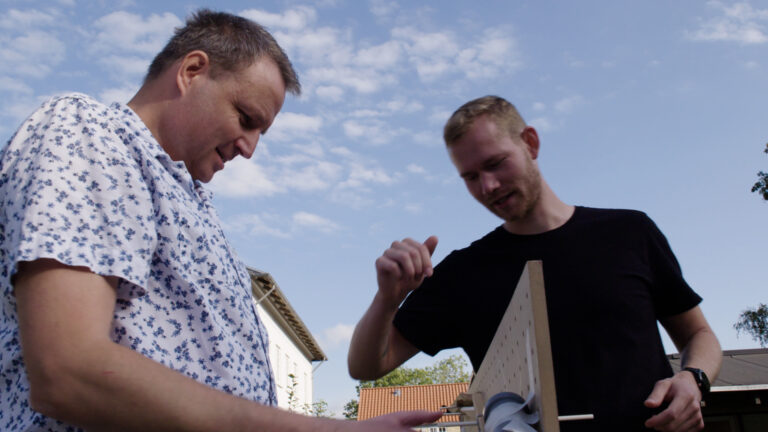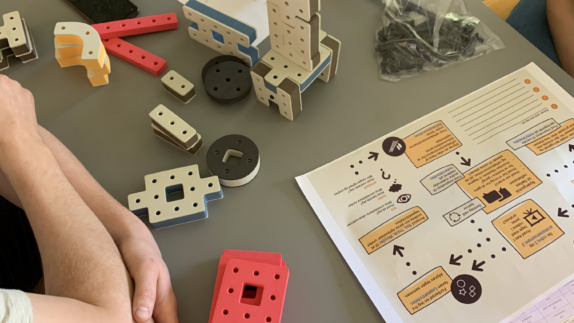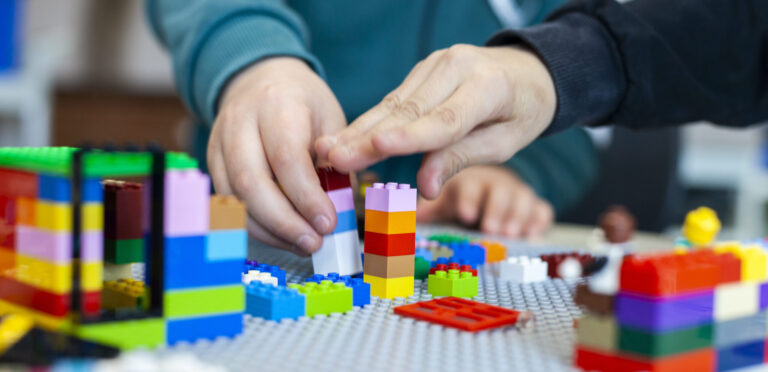School Culture
Perhaps, you are thinking that creating playful learning communities for children is a pedagogical method or a didactic technique. Our experience is that if we want to create playful learning environments that make the children engage in and reflect on their learning together with others, it requires some adults who can do that too. We motivate and support the professionals in designing and facilitating playful learning environments through a mindset and a culture that must be built locally at the school. It is about cultivating an inquiry-based and playful mindset among the school’s employees. This means creating room for everyone to gain experience in experimenting, trying out, and co-creating.
Watch our presentation of playful professional development here.
Indicators for Playful Learning
Indicators for playful learning give us a common language to talk about and get a common understanding of playful learning environments. The indicators give us the opportunity to speak the same language and create a playful learning culture across the school.
Workshops
From our experience, letting the professional environment reflect the playful environment of the children works well. By initiating an experience-based learning process where adults try out and explore play activities and reflection routines, we facilitate that ownership, curiosity, and engagement arise from the educational practice among teachers and pedagogues.

Team Meetings
CollaboLearn not only supports children’s social development but also a professional development process for educators. We have good experience in letting the professional learning environment reflect the children’s playful learning environment, and therefore it makes sense to transform team meetings into a reflective community where there is room for dialogue and discussion about playful learning.

Experiences with CollaboLearn
Here, you can read about the co-developers’ experiences with CollaboLearn. The co-developers are teachers and pedagogues from two Danish schools, Langagerskolen and Højvangskolen, who through workshops, sparring meetings, and tests in practice with the school children have gained knowledge and experience with CollaboLearn. The statements of the co-developers derive from interviews from DEFACTUM’s project evaluation of CollaboLearn.
